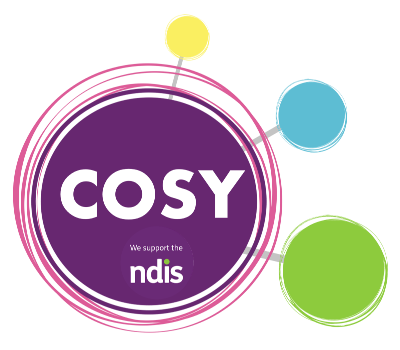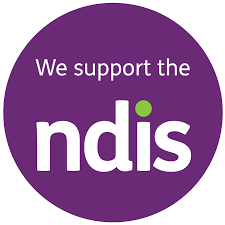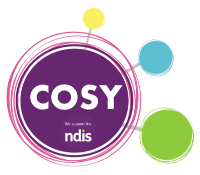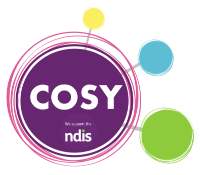Specialist Disability Accommodation and NDIS: A Comprehensive Guide
Understanding the role of Specialist Disability Accommodation (SDA) within the NDIS framework is crucial for those seeking long-term housing solutions tailored to individual needs. SDA is designed to provide housing that caters to the specific requirements of people with significant disability-related challenges, ensuring comfort, accessibility, and independence
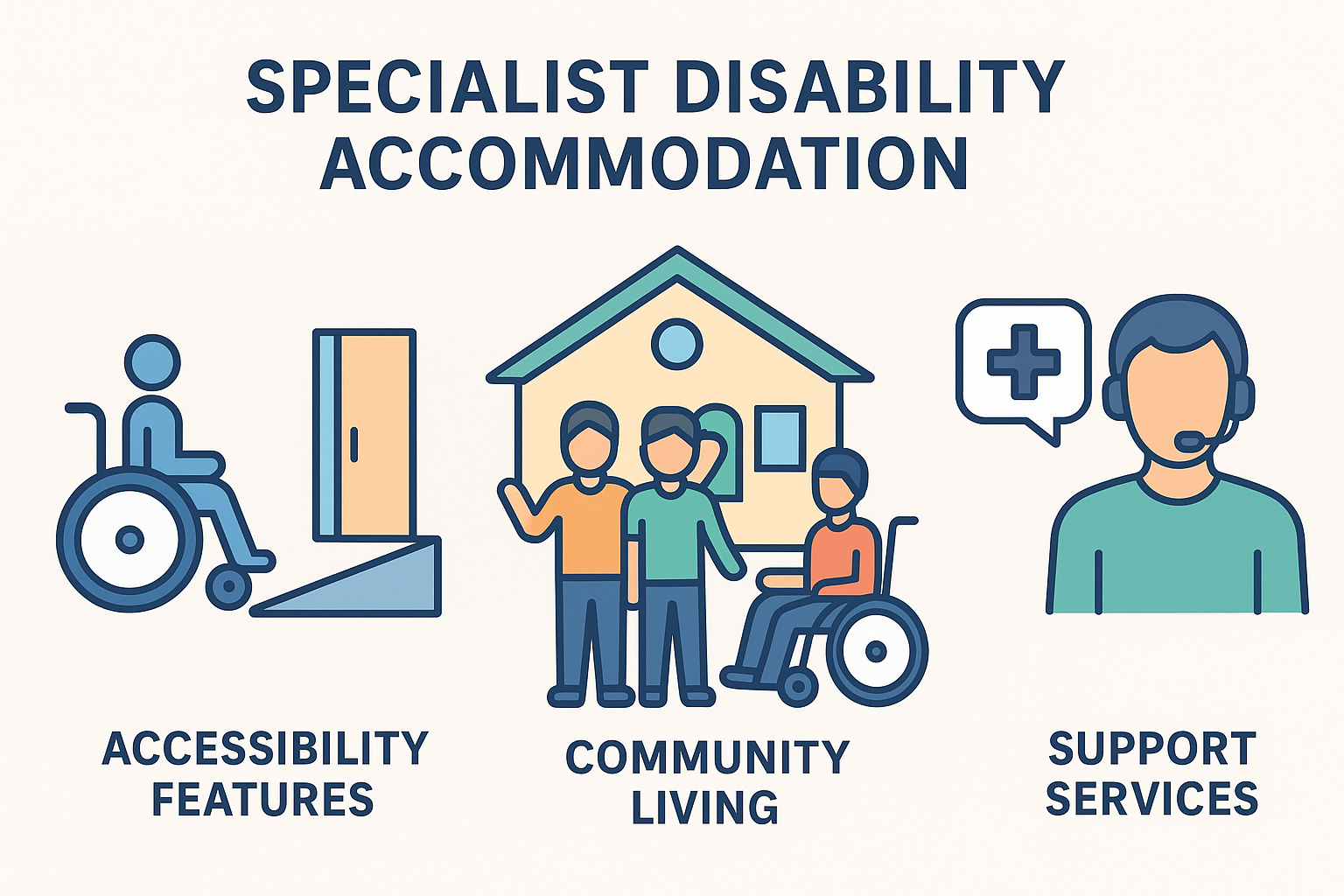
What is Specialist Disability Accommodation?
Specialist Disability Accommodation refers to housing for NDIS participants who require special housing solutions due to their high support needs or significant functional impairment. These accommodations are purpose-built to support the individual requirements of residents, enabling a more independent lifestyle.
Key Features of SDA
- Accessibility: SDA homes are designed with features that enhance accessibility and safety, such as ramps, wider doorways, and assistive technologies, ensuring ease of movement within the home.
- Customization: Accommodations can be tailored to suit specific health conditions, with modifications to support mobility aids or communication devices.
- Integration with Supports: SDA often includes provisions for on-site care and support services, which are integral to fostering an environment where residents can live independently.
Eligibility for SDA Funding
To be eligible for SDA funding, participants must demonstrate a substantial need for specialized housing to support their daily living. This involves an assessment of the individual's functional capacity and how SDA can significantly benefit their quality of life.
Benefits of SDA
- Enhanced Quality of Life: With personalized living arrangements, individuals can enjoy a higher level of autonomy and comfort.
- Community and Connection: SDA often provides an opportunity for residents to live in supportive communities, reducing isolation and fostering a sense of belonging.
- Long-term Stability: SDA offers a stable environment, reducing the need for frequent relocations and allowing individuals to build a long-term home.
How to Access SDA
- Assessment and Planning: Begin with a comprehensive assessment to determine your eligibility and needs.
- Submit a Home and Living application with the NDIS: Your Support Coordinator, OT and/or LAC will assist in this process
- Recieve approval, building type and design: This will be wrtten in your new NDIS plan
- Find a Suitable Provider: Research NDIS-approved SDA providers and explore different accommodation options that align with your requirements.
- Customized Support Plan: Work with your support coordinator to incorporate SDA into your NDIS plan, ensuring it aligns with your goals and aspirations.
SDA Design Standards Made Simple
The SDA Design Standard is all about making sure newly built Specialist Disability Accommodation (SDA) homes are safe, comfortable, and designed to meet people’s unique needs.
There are four main types of SDA homes:
- Improved Liveability – homes with simple design features to make daily life easier.
- Robust – strong and durable homes that can handle tougher wear and tear.
- Fully Accessible – designed so people with physical disabilities can move around with ease.
- High Physical Support – built with extra features for people who need a higher level of support.
On top of this, every SDA home also has to follow the Australian National Construction Code, plus state and local building laws and planning rules.
SDA Design Stage Register
When a new Specialist Disability Accommodation (SDA) dwelling is being developed, an accredited SDA assessor must submit a certification to the NDIA. This certification confirms whether the property meets the SDA Design Standard.
The certification also outlines the proposed building type, which may be:
- Apartment
- Villa / Duplex / Townhouse
- House
- Group Home
Each of these building types has specific features and requirements, which are detailed in the SDA Rules.
Conclusion
Specialist Disability Accommodation plays a critical role in the NDIS by providing tailored housing solutions that empower individuals with significant disabilities. By understanding the benefits and process of accessing SDA, participants and their families can make informed decisions that enhance their quality of life and independence. For a deeper dive into SDA options and how they integrate with NDIS funding, consult trusted resources and providers to guide your journey.
